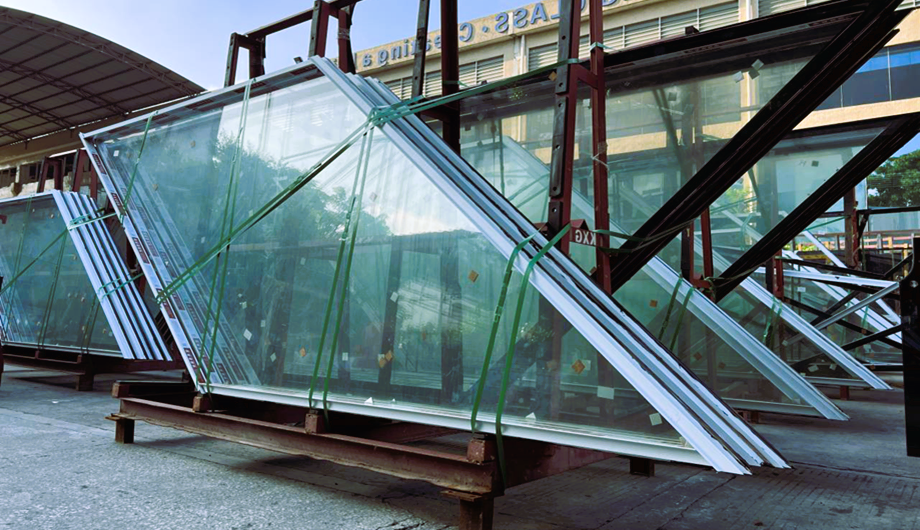Insulating Glass Units (IGUs) have revolutionized the way we think about windows and glass facades in buildings. These innovative structures consist of two or more glass panes separated by a spacer and sealed to create an airtight space between them. This design significantly enhances the thermal performance of windows, providing numerous benefits and applications across various industries.
Benefits of Insulating Glass Units:
- Improved Energy Efficiency: One of the primary benefits of IGUs is their ability to enhance energy efficiency in buildings. The sealed airspace between the glass panes acts as a barrier, reducing heat transfer and minimizing the need for heating and cooling systems. This results in lower energy consumption and utility costs for building owners.
- Enhanced Comfort: By minimizing heat transfer, IGUs help maintain more consistent indoor temperatures, reducing cold drafts in the winter and heat gain in the summer. This creates a more comfortable living or working environment for occupants throughout the year.
- Noise Reduction: The insulating properties of IGUs also contribute to noise reduction, making them an ideal choice for buildings located in busy urban areas or near noisy environments. The sealed airspace helps dampen sound transmission, providing a quieter indoor atmosphere for occupants.
- Condensation Control: IGUs are designed to minimize condensation buildup on the interior surface of windows, reducing the risk of mold growth and water damage. This helps maintain better indoor air quality and prolongs the lifespan of the windows.
- UV Protection: Many IGUs are equipped with low-emissivity (low-E) coatings or laminated glass to block harmful ultraviolet (UV) rays. This protects interior furnishings, artwork, and flooring from fading or discoloration caused by prolonged sun exposure.
Applications of Insulating Glass Units:

- Residential Buildings: IGUs are commonly used in residential construction for windows, doors, and skylights. They improve energy efficiency, enhance comfort, and reduce noise levels, making them an ideal choice for homes of all sizes.
- Commercial Buildings: From office towers to retail stores, IGUs are widely utilized in commercial buildings to meet energy codes and sustainability goals. They contribute to LEED certification and create a more comfortable and productive environment for occupants. Innovations in tempered glass technology, read more at this link.
- Educational Institutions: Schools, colleges, and universities benefit from the thermal and acoustic properties of IGUs, creating conducive learning environments for students and teachers. Additionally, natural daylighting provided by IGUs enhances the overall well-being of occupants.
- Healthcare Facilities: Hospitals and medical centers require windows that offer sound insulation, UV protection, and condensation control to maintain a hygienic and comfortable environment for patients and staff. IGUs meet these requirements while promoting healing and recovery.
- Hospitality Industry: Hotels and resorts utilize IGUs to enhance guest comfort and satisfaction. These units provide soundproofing for peaceful sleep, energy efficiency for reduced operational costs, and UV protection for the preservation of furnishings and decor.
In conclusion, Insulating Glass Units offer a wide range of benefits and applications across various sectors, from residential and commercial buildings to educational institutions and healthcare facilities. Their energy-efficient properties, noise reduction capabilities, and UV protection make them an essential component of modern construction. For more information on the standards and specifications of Insulating Glass Units, please visit Canada.ca.

